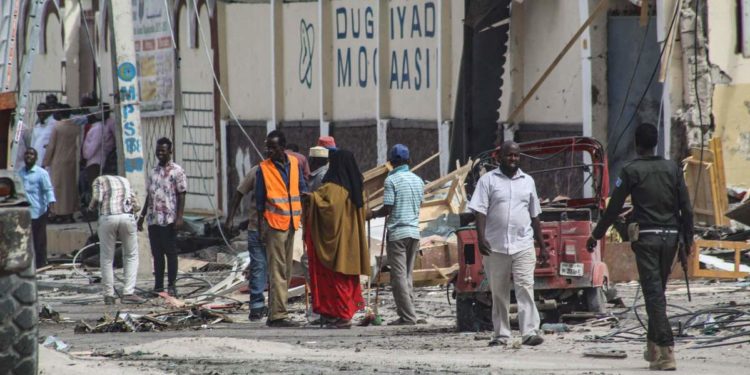An estimated 7.7 million people in Somalia will require humanitarian assistance and protection in 2022, marking a 30 percent rise in needs in just one year, according to the UN.
In a statement released on Monday, the UN said that the humanitarian projects in the Human Response Plan will address both emerging and pre-existing protection and humanitarian assistance concerns, including decreasing the prevalence of hunger, acute malnutrition, public health threats and outbreaks, access to water, sanitation and hygiene conditions, abuse, violence and insecurity.
“In addition, the Human Response Plan aims to uphold commitments to the centrality of protection through protection mainstreaming, accountability to affected populations and monitoring of the protection environment,” the statement said.
Years of hardship have eroded livelihoods in Somalia. In rural areas, where the majority of the 71 per cent of the overall population living in poverty reside, access to basic services such as health, water and food is a major challenge. Furthermore, conflict and insecurity remain widespread across the country and were the main drivers of internal displacement in 2021.
“Amid chronic crises, Somalia also continues to exhibit some of the highest infant and child mortality, maternal mortality, and fertility rates in the world. COVID-19 has exacerbated these dynamics, with up to 20 per cent of Somalia’s population expected to suffer from direct and indirect impacts of the pandemic,” the UN added.
Somalis have endured decades of conflict, recurrent climate shocks and disease outbreaks, including the impacts of the COVID-19 pandemic. The UN estimates that in 2021, conflict and insecurity forced 544,000 people to flee their homes with more than 2.9 million people being internally displaced.
Source: CD










